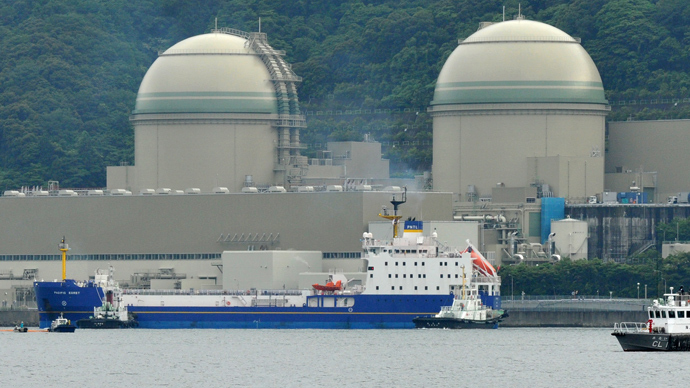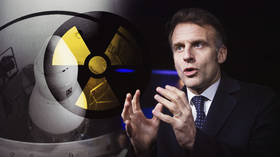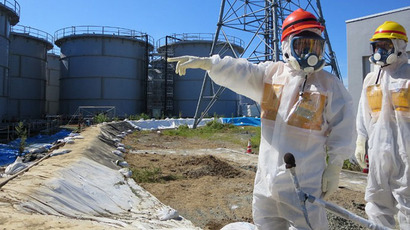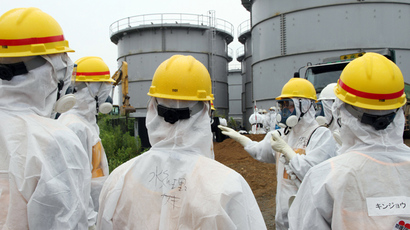Japan shuts down last nuclear reactor

Thirty months after the Fukushima nuclear disaster, Japan is set to become - at least temporarily - a nuclear power free country by shutting down the last of its 50 atomic reactors.
Kansai Electric Power Co's 1,180 MW Ohi No.4 reactor in Fukui
Prefecture is set to be disconnected from the power grid on
September 15 and will be shut down indefinitely for maintenance
and inspection.
This will be the first time Japan is without nuclear power since
July 2012. Prior to the earthquake and tsunami that destroyed the
Fukushima power plant in March 2011, Japan generated roughly 30%
of its electrical power from nuclear energy. Japan is turning to
fossil-fuel alternatives to fill the gap.
"Safety is important, but if you waste time, that too has an
effect on safety. The Fukui nuclear power plant sites have a long
history and respond to risks. My position is therefore different
from other prefectural governors," said Fukui Governor Issei
Nishikawa as Japan was in the process of deciding which reactors
were safe to restart based on new nuclear regulations introduced
in July.
A number of nuclear power operators applied in July to reopen
under new rules adopted after the Fukushima disaster. However
gaining approvals will not be easy as industry regulator are
still worried about the safety concerns, following continuing
contamination of ground water from the leaking water storage
tanks at Fukushima. Industry projections for a re-start vary from
as early as December to mid-2014. Shikoku Electric Power's Ikata
plant, Kyushu Electric's Sendai plant and Hokkaido Electric's
Tomari plant are among those likely to be the first to re-start.
"The argument that no nuclear power dents the economy would be
myopic, considering that if by mistake we had another tragedy
like Fukushima, Japan would suffer from further collateral damage
and lose global trust," Tetsunari Iida, head of the Institute
for Sustainable Energy Policies told Reuters.
The catastrophe of March 11, 2011, caused the meltdown of nuclear
fuel rods at three of the plant’s reactors, leading to a
contamination of air and sea, as well as crippling the region’s
agriculture and fishing activities, gravely damaging the economy
for years to come. On top of this, costs required for the
clean-up, as well as to sustain the nation’s needs and
compensation pay-outs, are projected to be in the billions – a
fact that has recently caused the Japanese government to step in
and start contributing money to TEPCO’s efforts.














